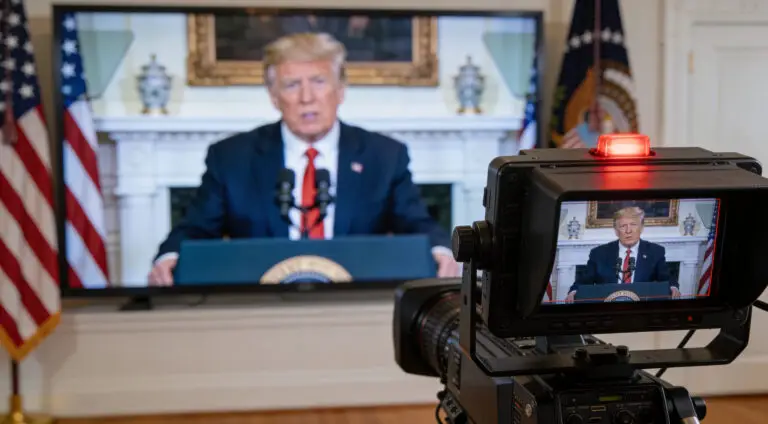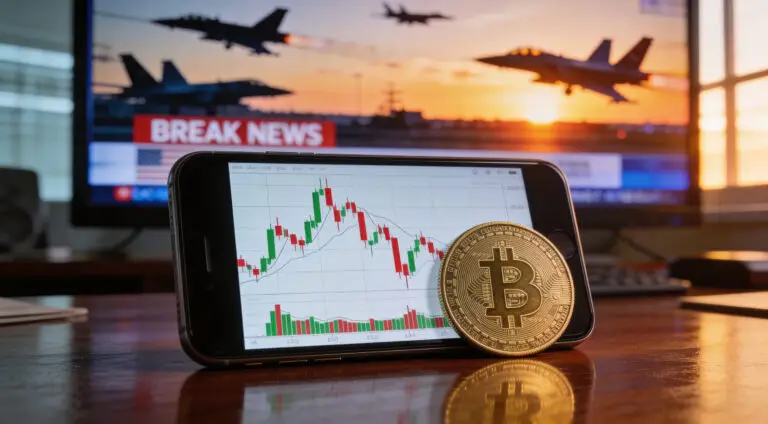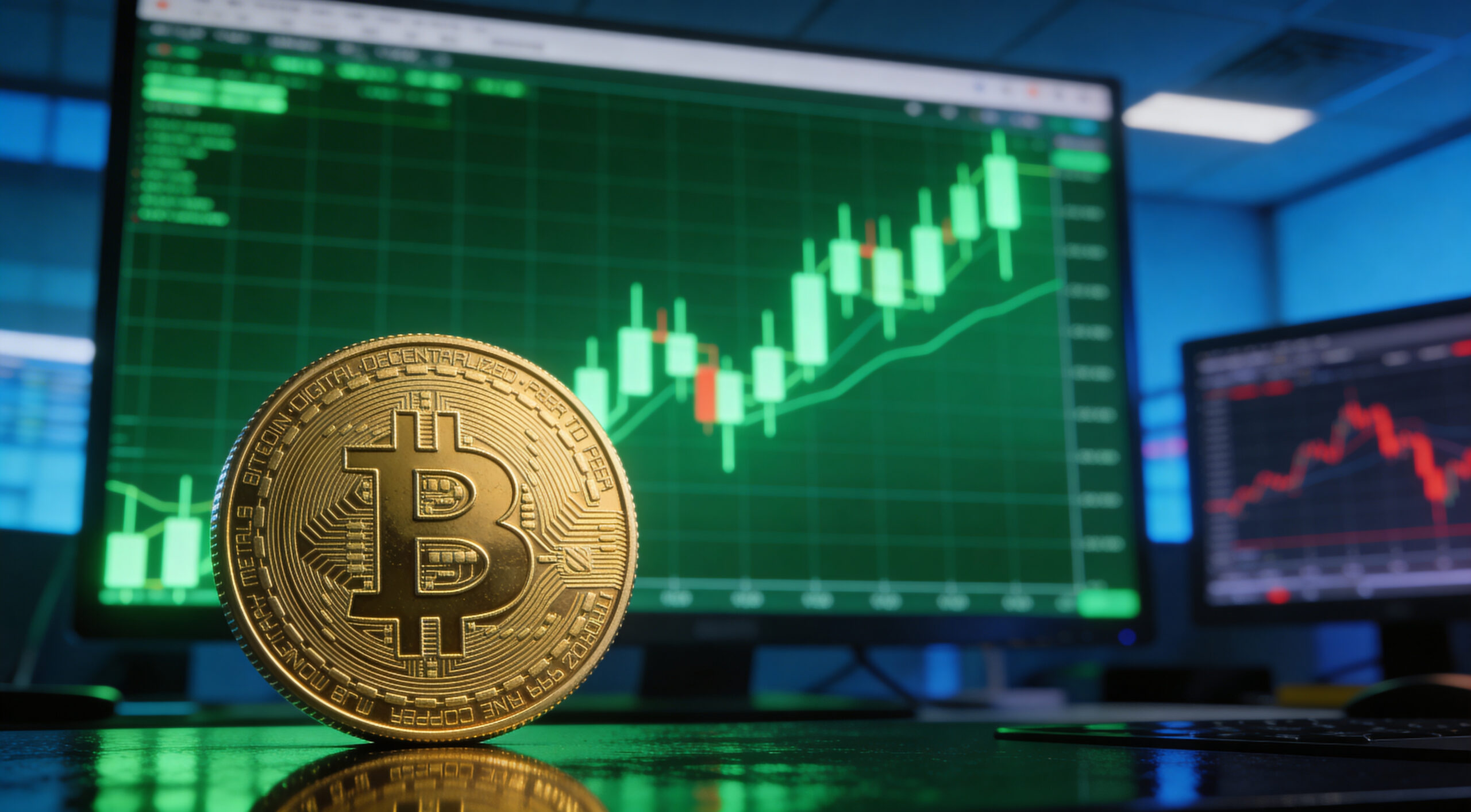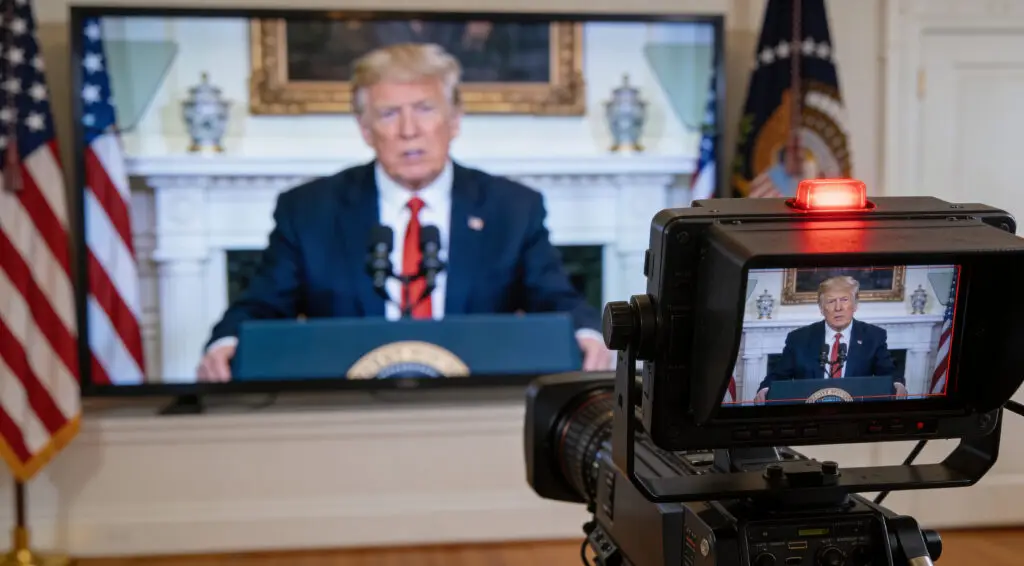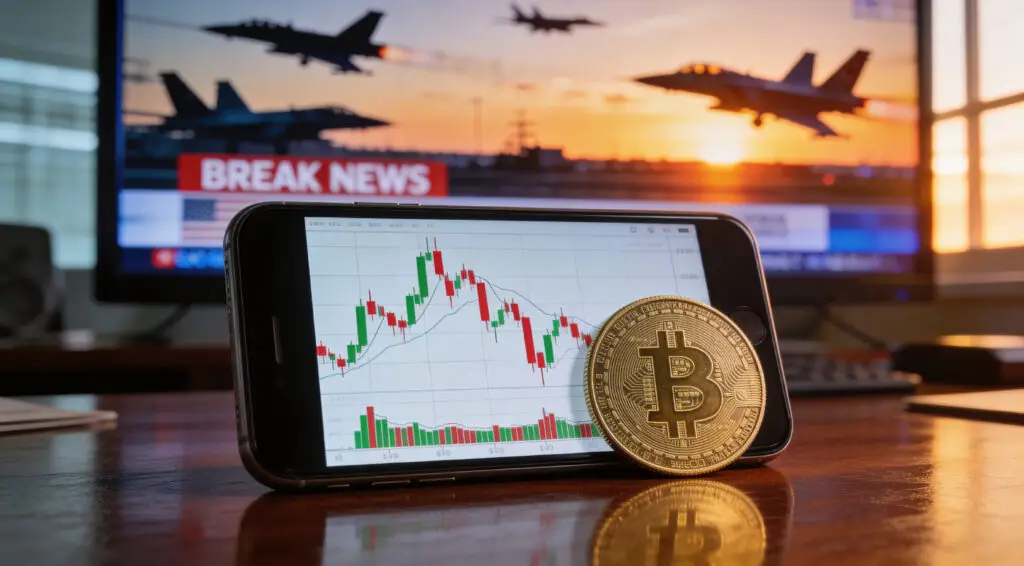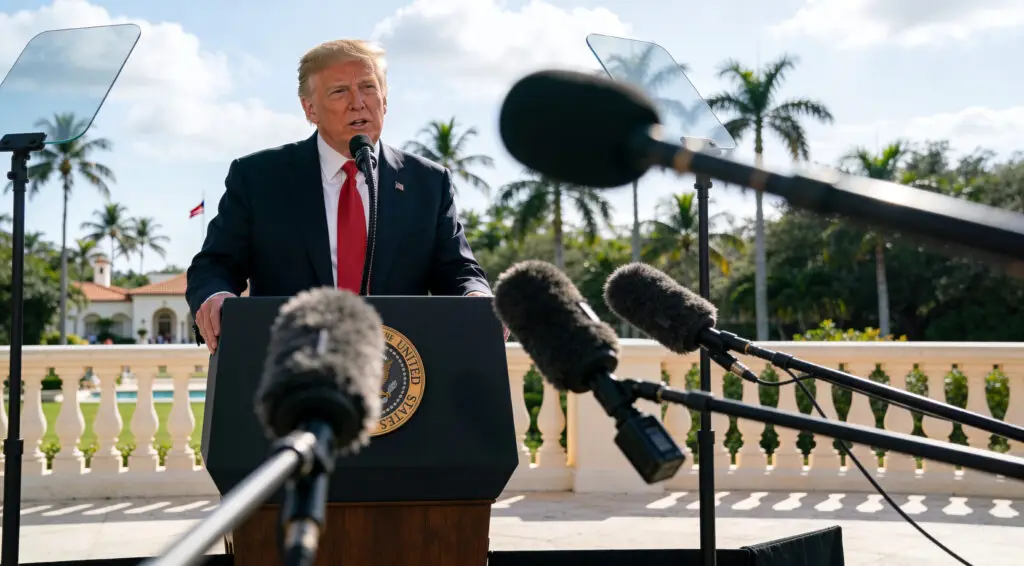Philippines Emerges as Global Crypto Powerhouse
Cryptocurrency is no longer a fringe trend in the Philippines — it’s gone mainstream. With 52% of Filipinos now owning digital assets, the country ranks second in the world for crypto adoption. For millions of young professionals, overseas workers, freelancers, and gamers, crypto has become a tool for earnings, savings, and participation in the digital economy.
But behind the enthusiasm lies a troubling reality. Scams are rampant, regulatory clarity is lacking, and the fast-paced evolution of blockchain technology has left traditional institutions scrambling to catch up.
At the center of this turning point is Francis Edralin Lim, the newly appointed chairman of the Securities and Exchange Commission (SEC). Lim steps into the role at a moment when regulation is no longer optional — it’s a national imperative.
A Seasoned Reformer Steps In
Lim is no newcomer to financial transformation. As president and CEO of the Philippine Stock Exchange (PSE) from 2004 to 2010, he spearheaded the historic demutualization and eventual public listing of the exchange. Under his leadership, the PSE adopted reforms that modernized operations, promoted transparency, and deepened investor trust — achievements that still resonate in the market today.
His legal pedigree is equally impressive. As a longtime managing partner at ACCRALAW, Lim advised multinational companies and the Philippine government on financial regulation. He also taught law at Ateneo de Manila University, giving him a rare blend of academic rigor and real-world insight.
What sets Lim apart, however, is not just his credentials but his vision. Unlike bureaucrats wary of emerging technologies, Lim has consistently supported financial innovation, from new capital instruments to wider access to public markets.
Crypto Growth Demands Clearer Rules
The Philippines’ crypto surge is driven by unique factors: remittances from OFWs, limited access to traditional banking, and a tech-savvy youth engaging in play-to-earn games and decentralized finance.
But this growth has flourished in a regulatory gray zone. Unregistered platforms, pump-and-dump schemes, and phishing scams have cost Filipino investors millions. While recent moves — such as the SEC’s memo requiring crypto asset service providers to register and maintain ₱100 million in paid-up capital — mark progress, enforcement and coordination remain weak.
Lim now inherits both the roadmap and the responsibility to institutionalize these reforms.
Lim’s Strategy for Reform
To bring order to this digital frontier, Lim is expected to focus on four key priorities.
First, he must harmonize crypto regulation across the government. Today, crypto oversight is scattered: the SEC handles investment contracts, the BSP governs virtual asset service providers, and the AMLC monitors risks. A unified framework or inter-agency task force — modeled after approaches in Singapore and Japan — could prevent overlapping policies and regulatory arbitrage.
Second, Lim should expand the SEC’s “StratBox” sandbox, which supports fintech startups. By allowing emerging blockchain applications — from carbon credits to smart contracts — to operate in controlled environments, the SEC can encourage innovation while managing risk.
Protecting Investors Through Education
Another critical piece of Lim’s strategy is public education. Despite high adoption, only 46% of Filipinos understand how crypto works. That gap leaves millions vulnerable to fraud.
Lim’s track record at the PSE included major improvements in investor literacy. He could now lead the SEC in launching large-scale awareness campaigns, working with schools, banks, influencers, and fintech platforms to demystify crypto and teach digital financial skills.
Cracking Down on Scams and Bad Actors
While education helps prevent fraud, Lim must also invest in the SEC’s digital intelligence to track illegal trading, detect pump-and-dump schemes, and shut down unregistered platforms. Technology and cross-border cooperation will be vital.
At the same time, the SEC needs to reward legitimate players — firms that comply with registration, transparency, and security protocols. Regulatory clarity and consistent enforcement could attract more reputable crypto companies to set up in the Philippines.
Building a Crypto-Smart Nation
Francis Lim brings the rare combination of legal expertise, financial reform experience, and open-minded leadership. At a time when many regulators fear innovation, his approach — thoughtful, transparent, and forward-looking — offers the Philippines a credible path forward.
As crypto becomes more entrenched in daily Filipino life, the goal isn’t to halt its growth, but to guide it with guardrails that protect citizens and support long-term development.
Lim may be remembered not just for stabilizing a volatile market, but for transforming the Philippines into a crypto-smart nation — one that pairs grassroots innovation with world-class regulation. That could well become his defining legacy.


